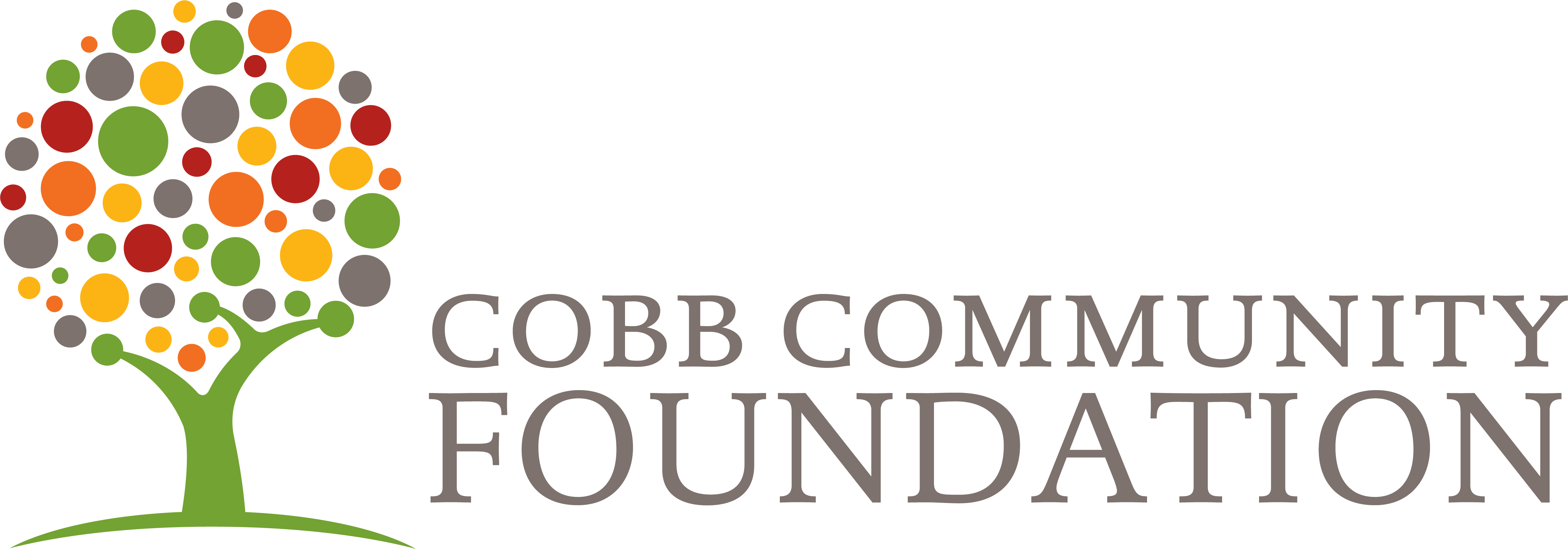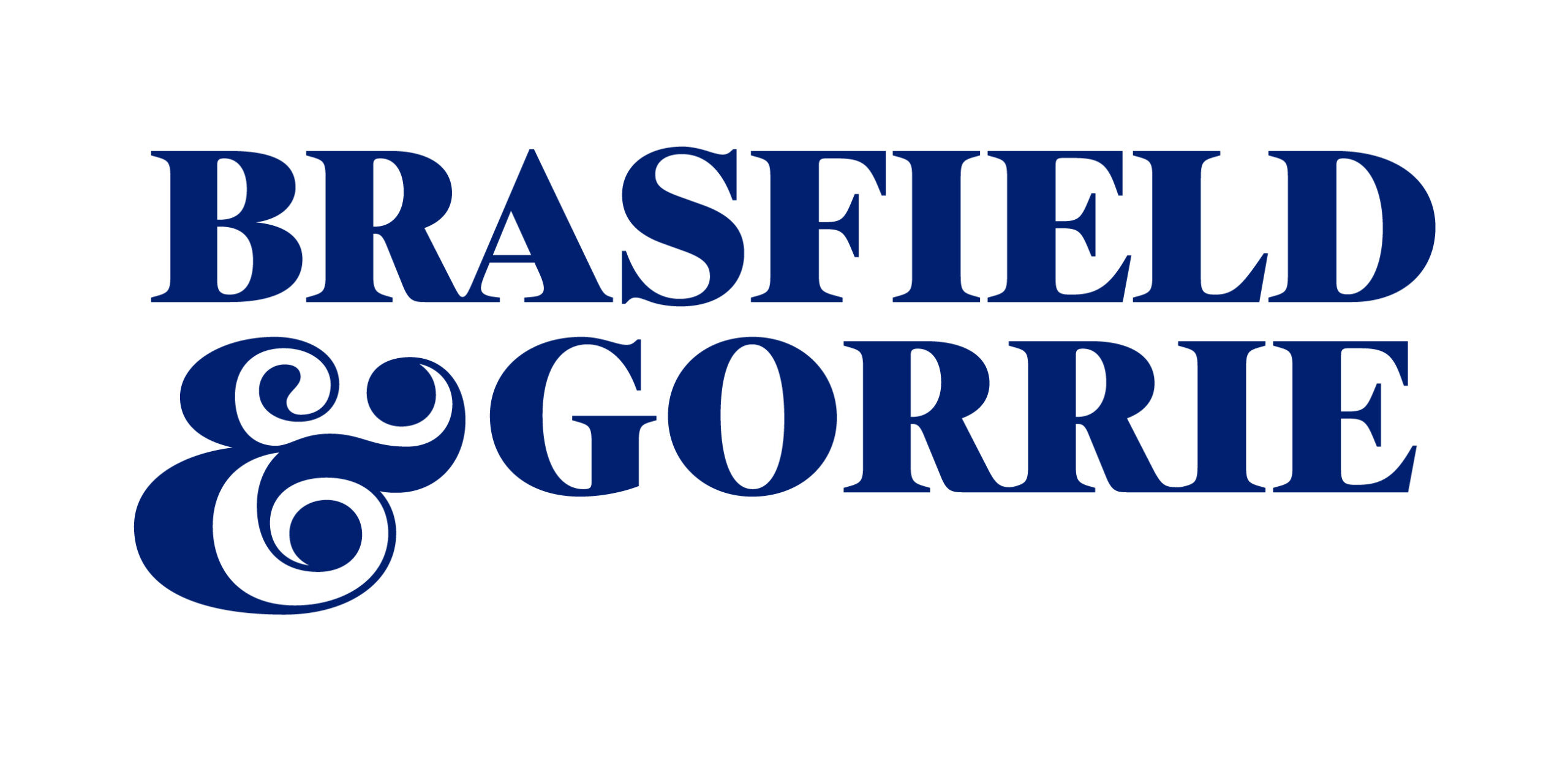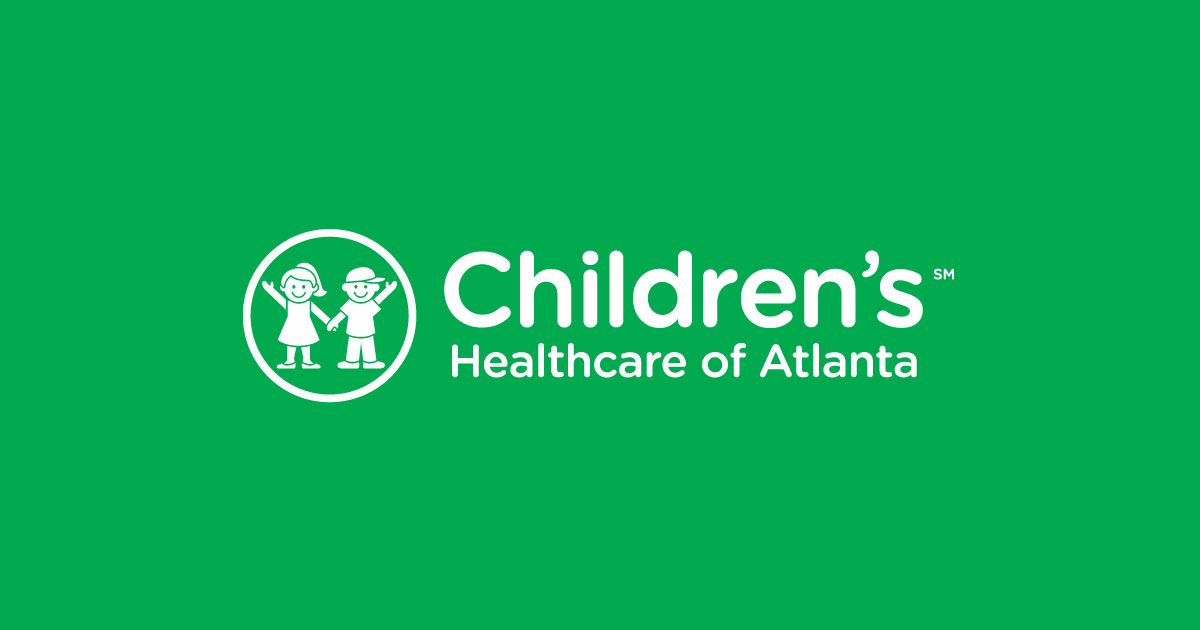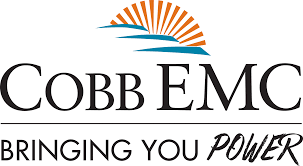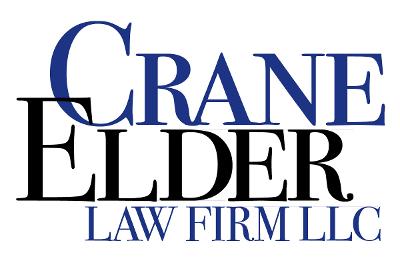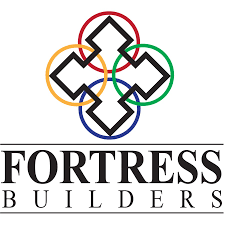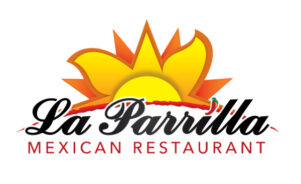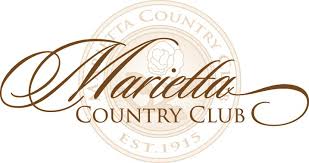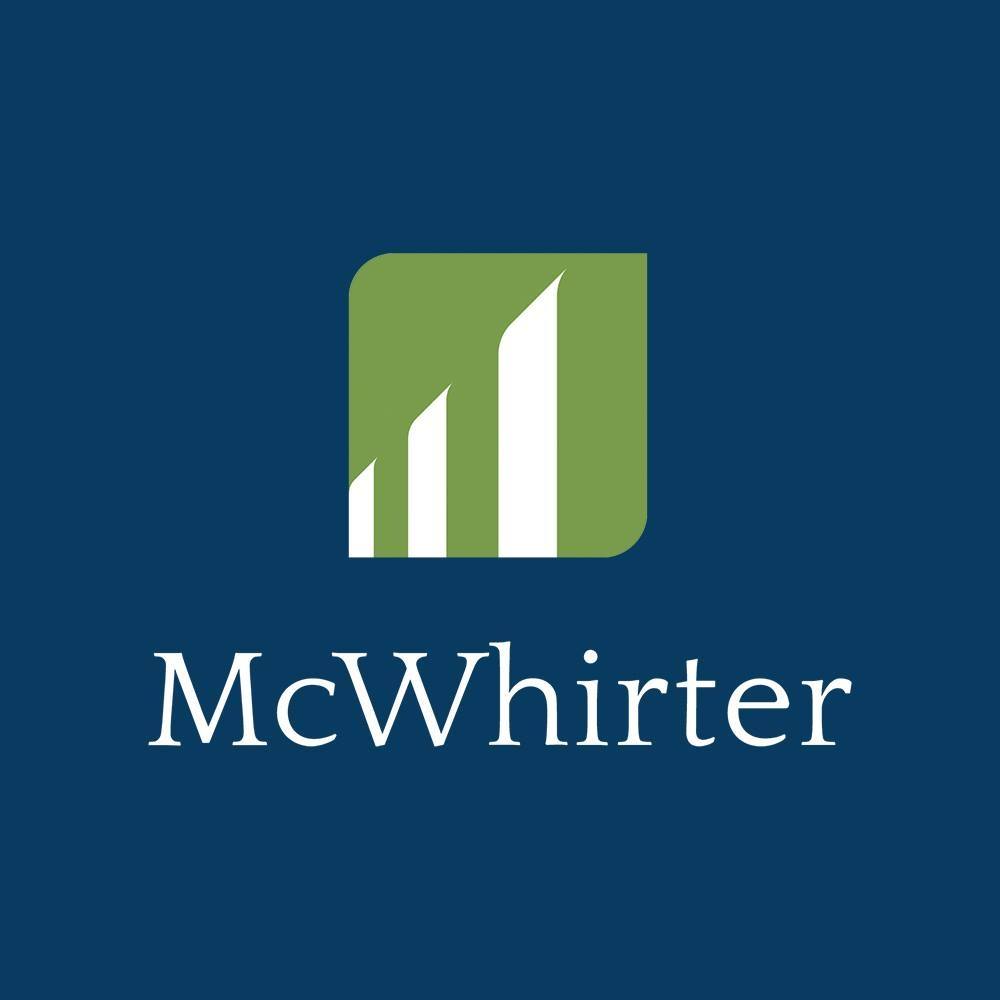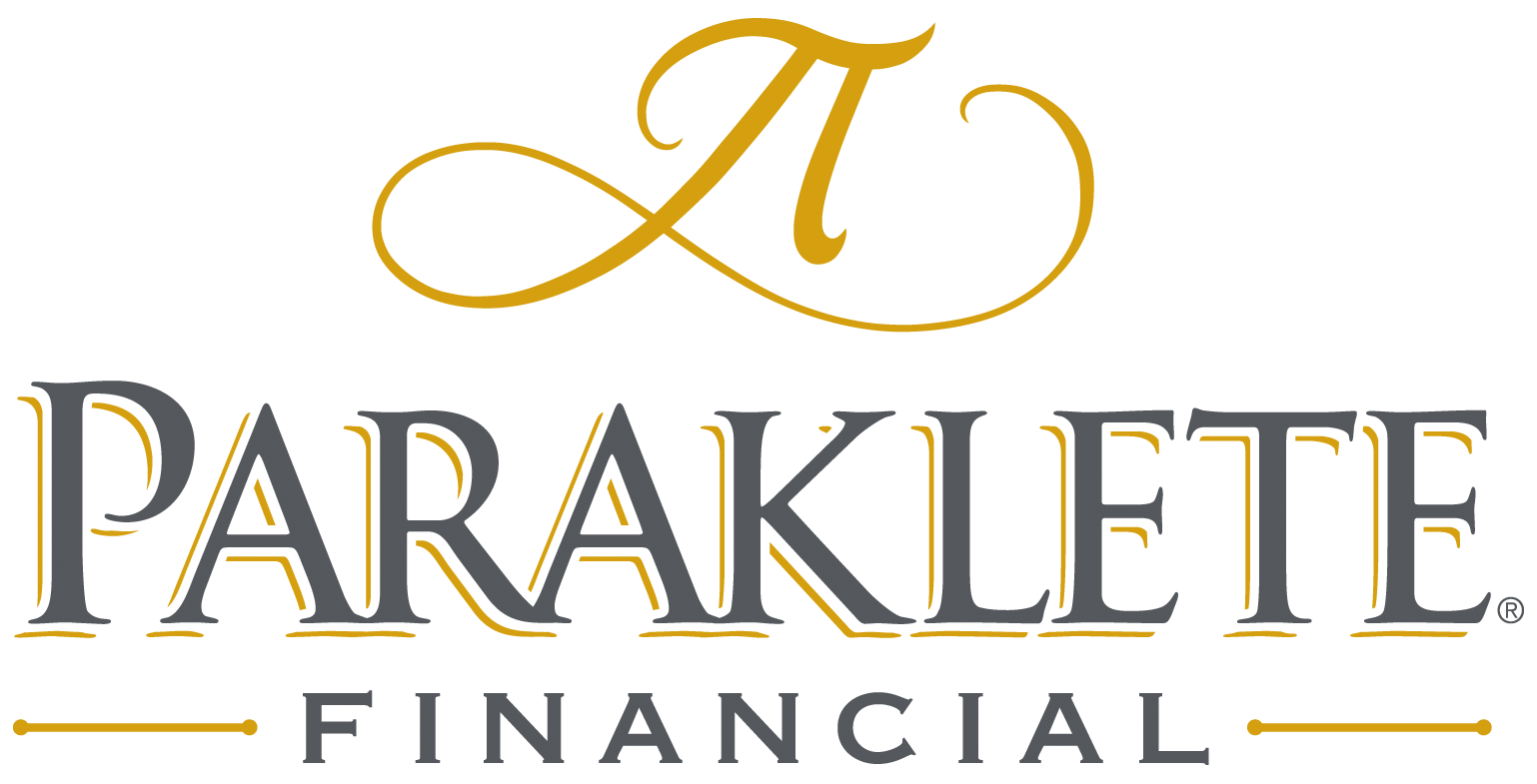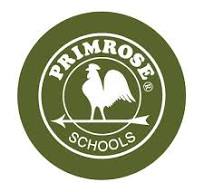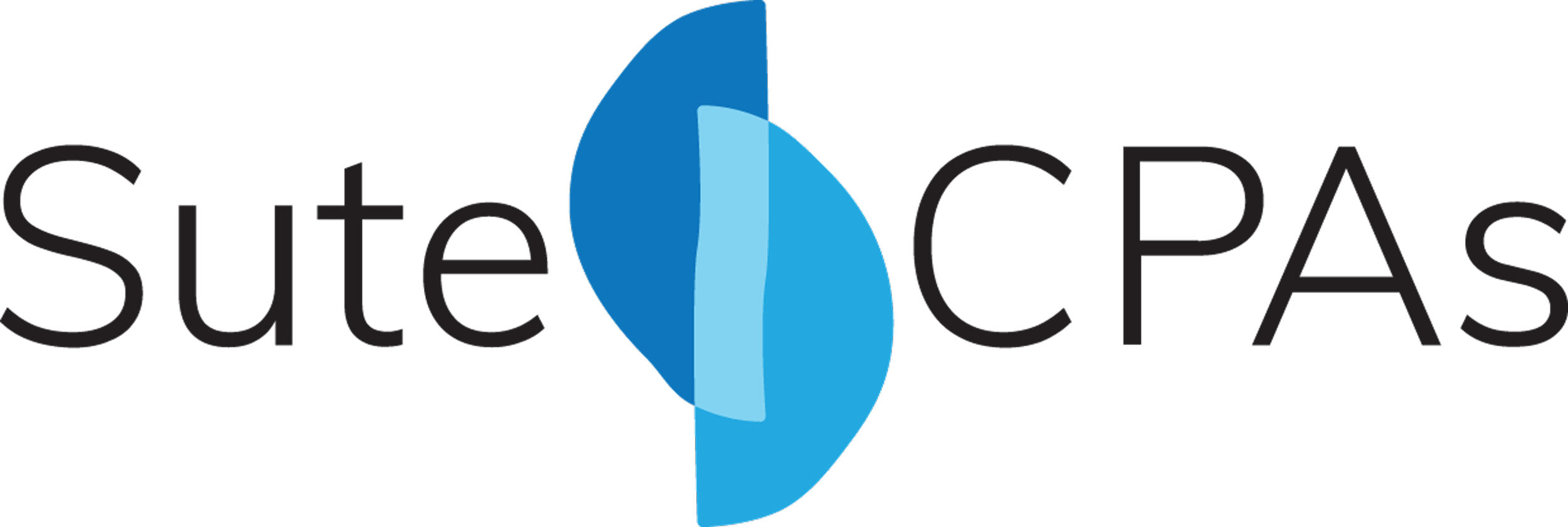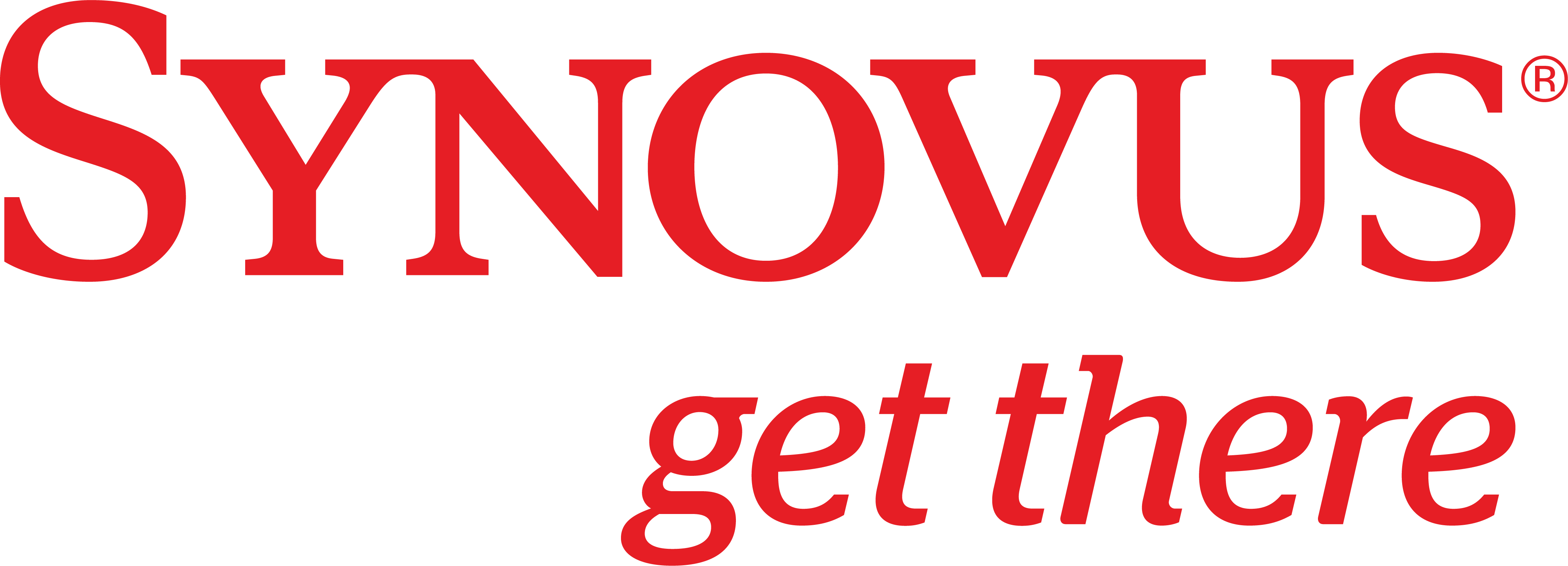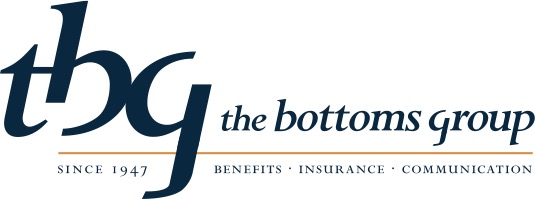
The COVID era is sometimes referred to as the Great Resignation because of the large number of people who have exited the workforce in the last couple of years. Some are referring to this period as the Great Retirement, considering that, as Goldman Sachs estimated, more than half of the people leaving the workforce were over the age of 55.
For people exiting the workforce, now is a good time to review charitable giving priorities. If you are recently retired, you may find that you have more money in motion, from 401(k)s rolling over into IRAs, to being motivated to ensure that your financial and estate plans are in good shape, including the ability to fund your charitable priorities.
All of this means it’s a great time to review the various ways you can gift retirement assets to charitable organizations, including to a fund at Cobb Community Foundation. Here’s a quick checklist:
- Cashing out. Of course, you can always contribute retirement assets (IRAs, 401(k)s and 403(b)s) by simply cashing them out and paying the income tax, and then donating the rest to charity. Almost certainly, though, in most cases, this is not a good tax strategy.
- Gifts upon death. When you designate a charitable organization, such as a fund at Cobb Community Foundation, as the beneficiary of your retirement plans, you can potentially reap huge tax rewards in terms of avoiding estate taxes and income taxes attributable to the retirement assets.
- Lifetime gifts. The Internal Revenue Code contains special provisions for Qualified Charitable Distributions (“QCDs”) that may allow you (if you are over 70 ½) to give up to $100,000 from an IRA directly to a charity (with some exclusions, such as donor-advised funds) and avoid paying income taxes on the distribution. You can work with the community foundation to establish a field-of-interest fund or designated fund to receive your QCDs.
- Avoid “gotchas.” Remember that you may not stay retired! Going back into the workforce presents unique tax challenges, such as the tax implications of “rehiring” and its impact on Qualified Charitable Distributions.
The team at Cobb Community Foundation is honored to serve as a resource and sounding board as you build your charitable plans and pursue your philanthropic objectives for making a difference in the community. This newsletter is provided for informational purposes only. It is not intended as legal, accounting, or financial planning advice. Please consult your tax or legal advisor to learn how this information might apply to your own situation.
